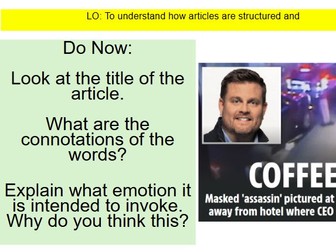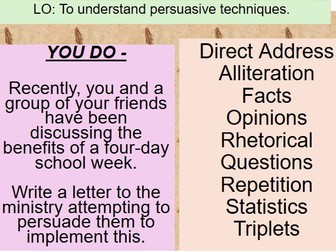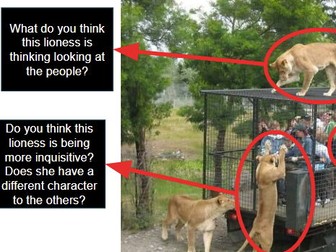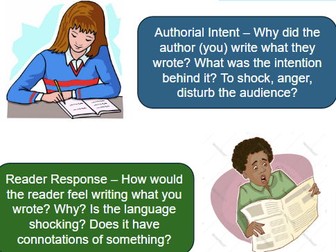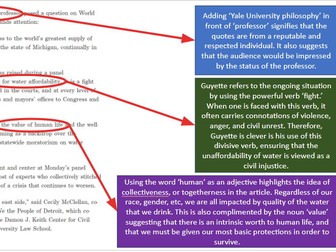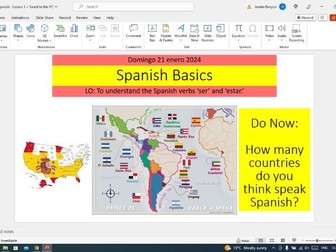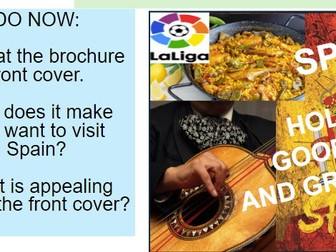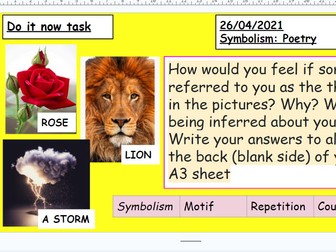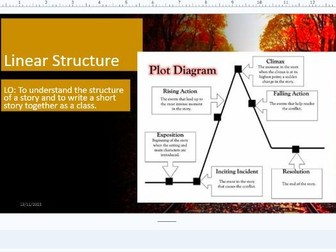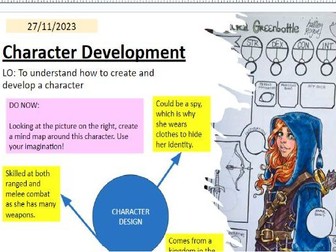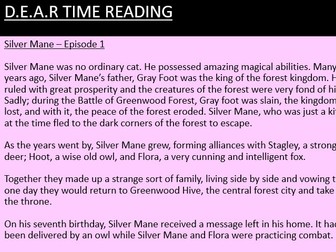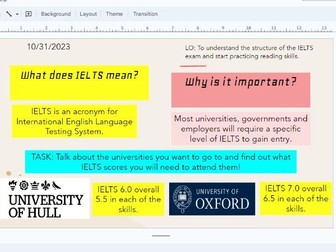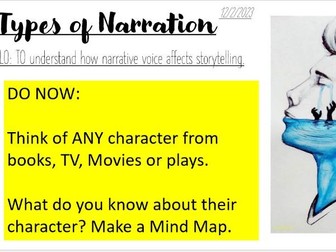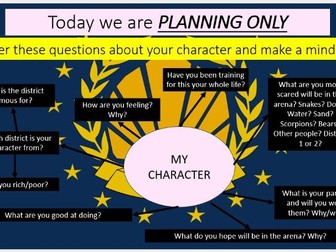Article Writing Lesson Pack (1 week)
<p>Lesson pack of six lessons discussing the correct way to write and analyse articles. While these lessons are intended for IAS Year 12 students in the ME, it could easily be adapated for the needs of Year 7 ~ 9 students in the UK or grades to 8 in the USA/Canada.</p>
<p>Lesson 1 ~ Introduction to articles regarding layout and structure.</p>
<p>Lessons 2 ~ 4 ~ related to the written skills needed to create an article and the emotions that a reader would feel when reading it. Focus should be on authorial intent and reader response.</p>
<p>Lessons 5 & 6 ~ Related to analysing articles and formulating a written article using what students have learnt for that week. They should also be encouraged to do WWWs and EBIs as part of peer marking.</p>
